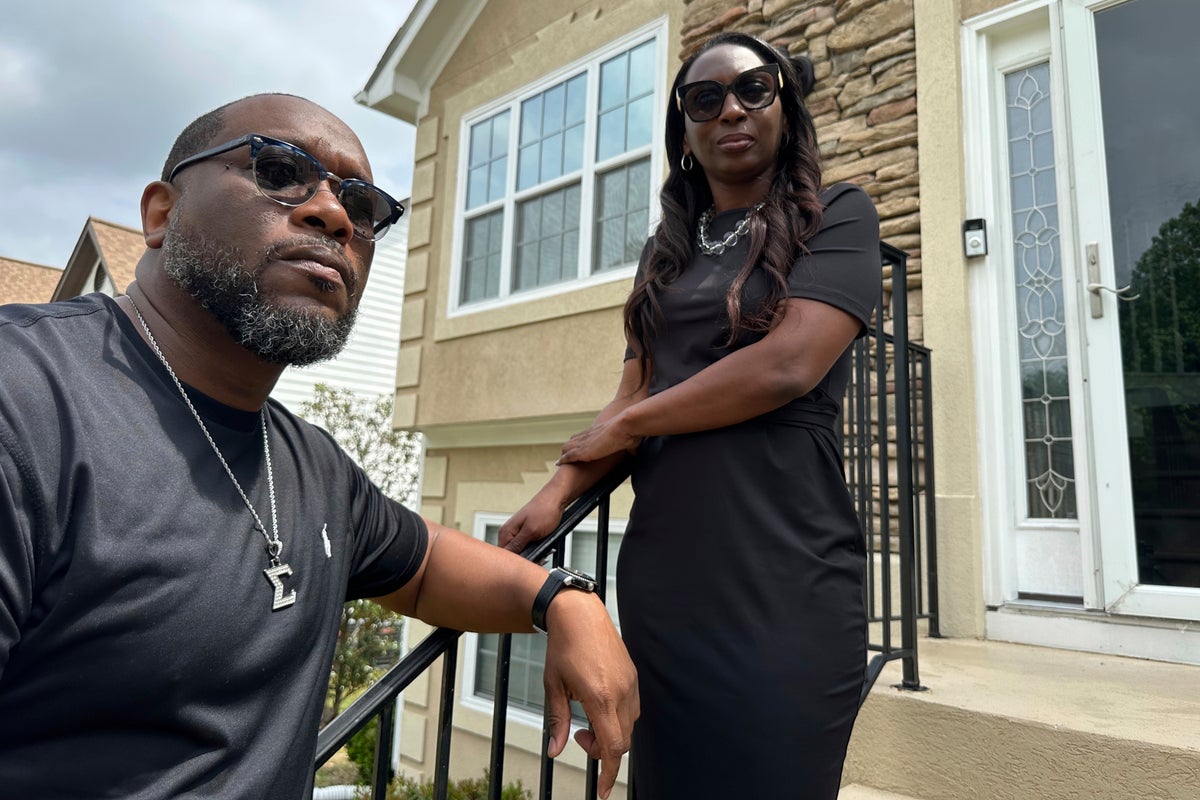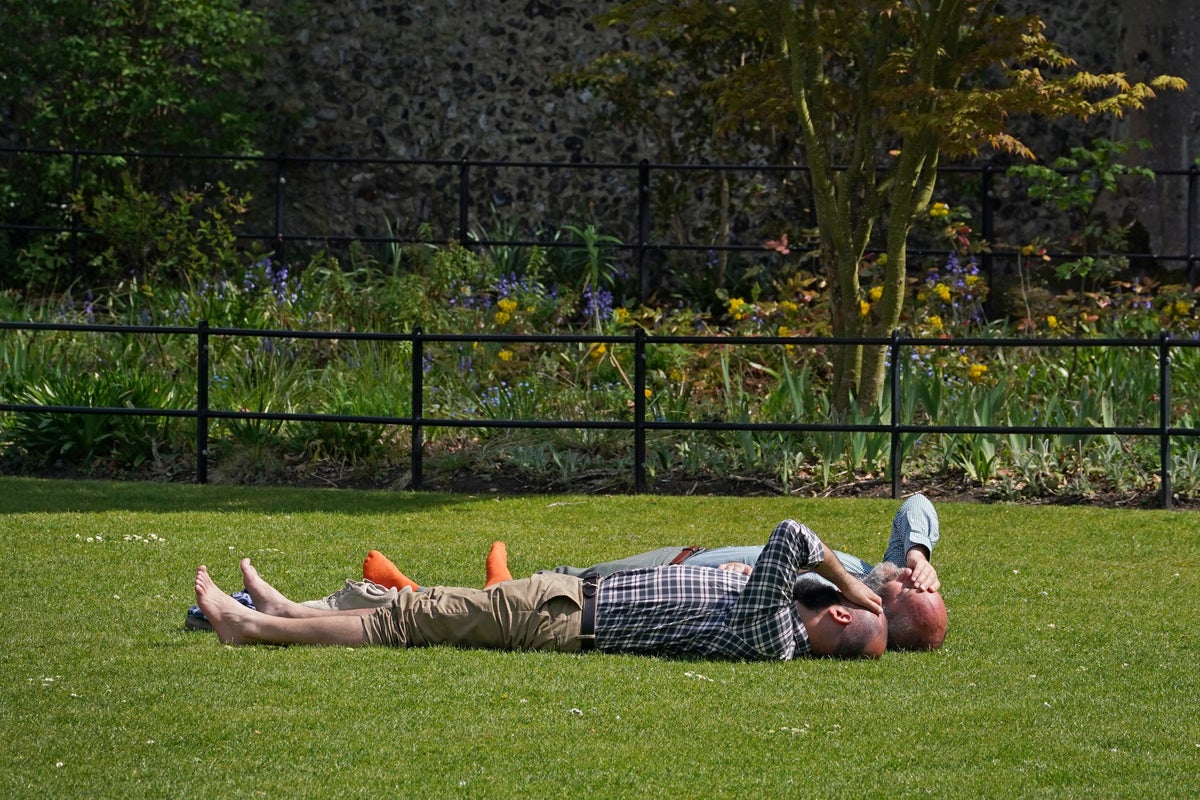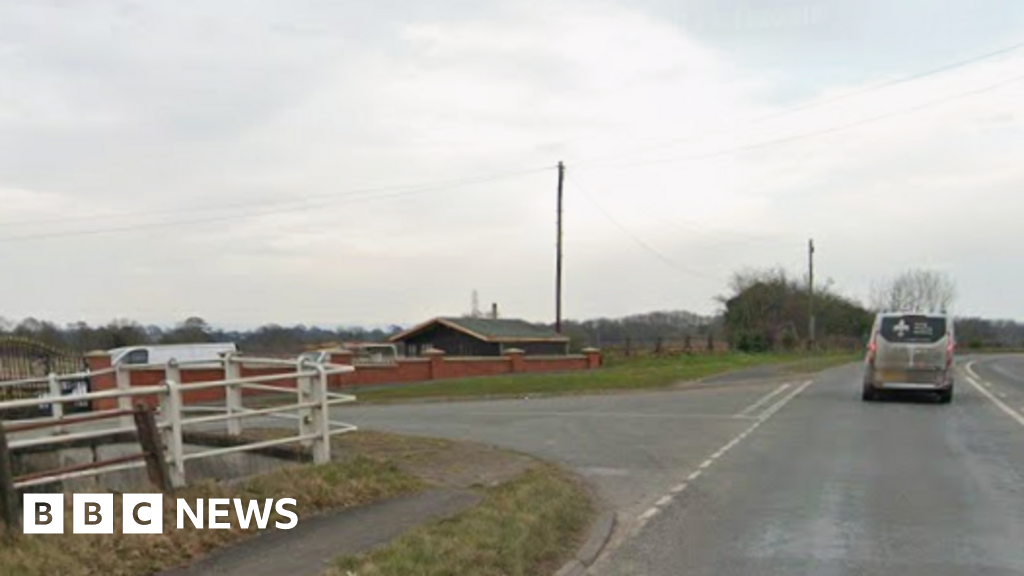A Georgia family that was traumatized by FBI agents mistakenly raiding their home with flash bang grenades and firearms is asking the U.S. Supreme Court to allow them to sue, circumventing typical immunity protections awarded to federal employees.
Curtrinia “Trina” Martin, her seven-year-old son Gabe and her then-fiancé Hillard “Toi” Cliatt were peacefully sleeping in their home just before dawn on October 18, 2017, when masked FBI agents battered down their front door and let off flash bang grenades.
Martin, naked from the waist down, was held at gunpoint by agents in her walk-in closet and kept away from Gabe, who was cowering under his bed, “terrified”. Cliatt was dragged across the floor and handcuffed while several agents circled him with firearms.
It wasn’t until an FBI agent asked Cliatt to repeat the address of the house that it became clear the ordeal was a mistake.
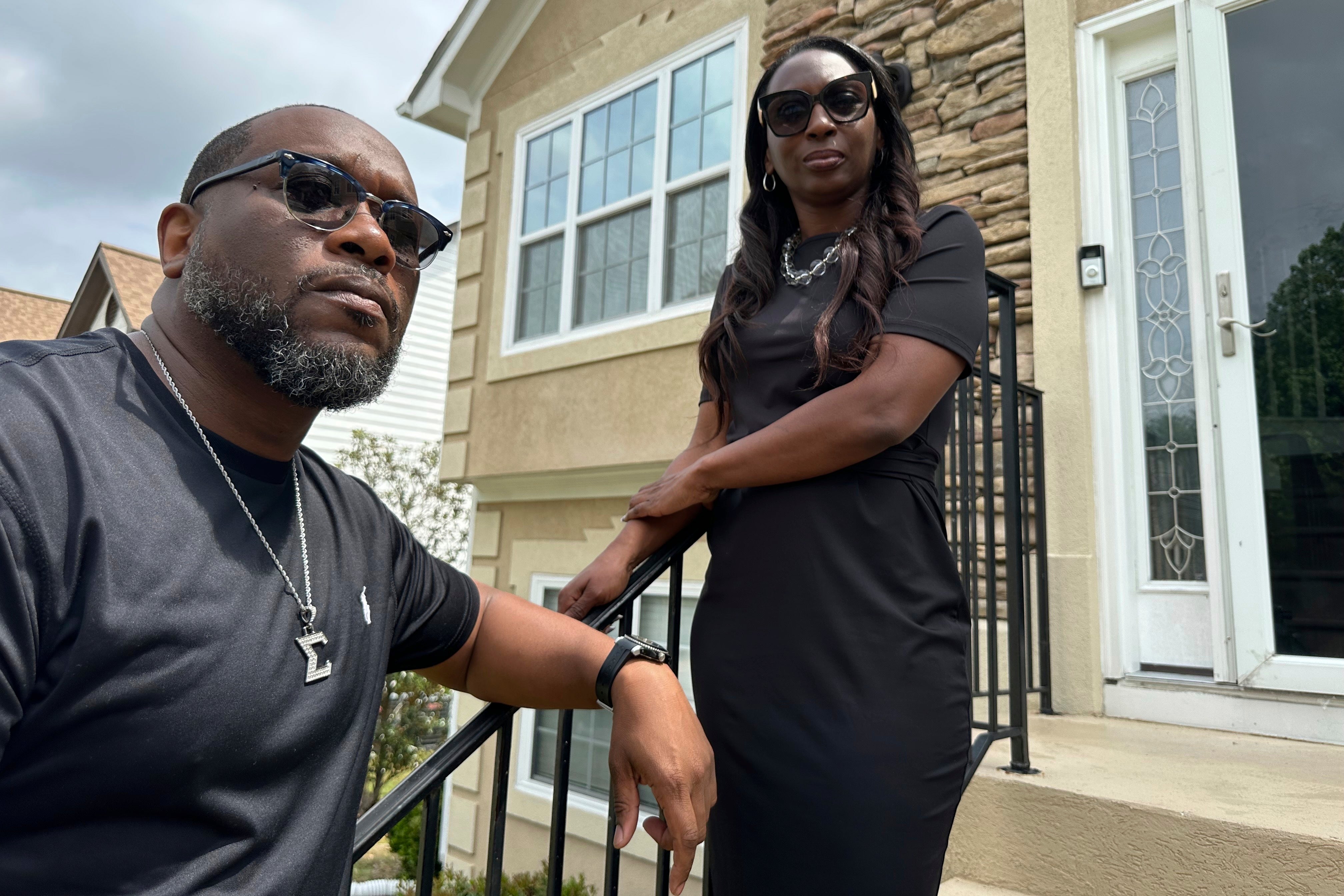
The agents meant to raid a similar-appearing home four doors down. Upon realizing, the agents uncuffed Cliatt and walked out of the home to conduct the raid on the correct target. Later on, the lead agent went back to Martin and Cliatt’s home to apologize.
But the family suffered what they call “severe emotional distress” stemming from the no-knock raid, which last less than five minutes, according to The Washington Post.
“I thought someone was breaking in, and it was so chaotic that I thought they had a mission, and the mission was to kill us,” Martin told ABC News.
Gabe, now 13 years old, said the experience changed his life and gave him a different perspective of the world.
“I didn’t really have a childhood growing up because of that,” he told ABC News. “So, it really kind of changed me as a person.”
Martin told the Associated Press her son became extremely anxious after the event, peeling paint off walls and pulling threads out of his clothes. In court filings, lawyers said Martin had to change schools twice due to his “emotional state.”
Hoping to obtain compensation and hold people accountable, they sued the individual agents who conducted the raid under the Federal Tort Claims Act – a statute that allows lawsuits against the federal government for harm caused by government employees.
It’s one of the rare exceptions to sovereign immunity that the federal government typically benefits from.
Under the act, they sued the agents for false imprisonment, false arrest, trespassing, assault and negligence among other claims.
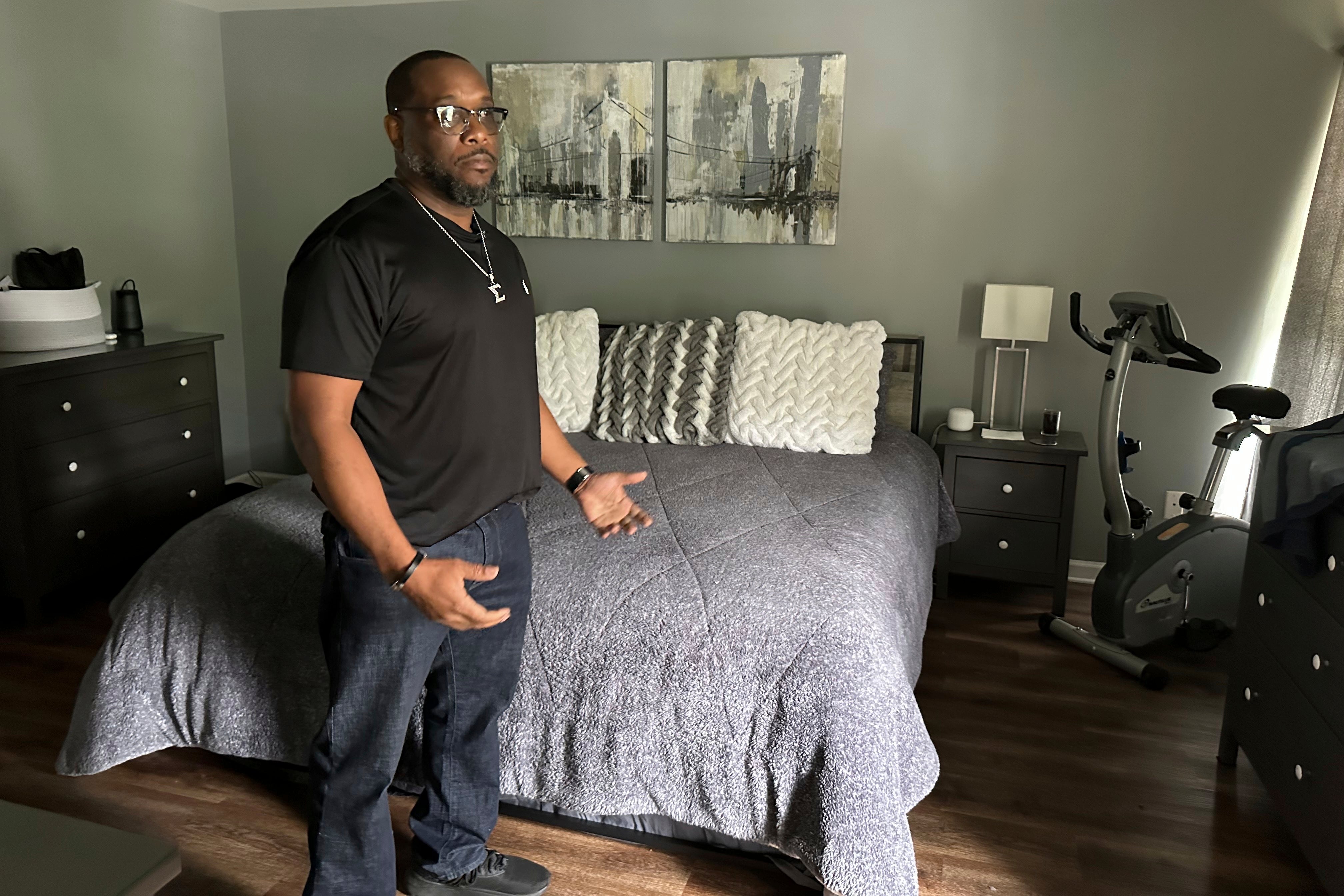
Lawyers for Martin and Cliatt say the FBI team “committed a quintessentially negligent and wrongful act” when it raided the incorrect home and have contended that it could have been prevented.
But so far, lower court judges have ruled against Martin and Cliatt, saying the agents “simply made a mistake.”
The FBI agent in charge of the raid says it was planned and he had done research beforehand to ensure the raid went smoothly. That included taking photos of the house during daylight hours, writing notes about how to conduct the search and distributing photos to others. Ultimately, the agents got the wrong house during predawn hours.
The government, also defending the FBI agents, claims the Federal Tort Claims Act only allows people to sue if the perpetrators were following direct government orders. In this case, the government did not tell the agents to go into Martin and Ciatt’s home, they were told to go into the correct home.
They argue that a ruling in favor of Martin and Cliatt would open the door for people to file lawsuits against the government for accidents.
During oral arguments on Tuesday, the Supreme Court justices questioned lawyers for the government about the extent of protections awarded to employees.
“No policy says don’t break down the wrong door?” Justice Neil Gorsuch asked. “Don’t traumatize the occupants? Really?”
Justice Ketanji Brown Jackson agreed with government lawyers that there are situations where law enforcement should be protected from liability but wasn’t sure if it applied to Martin and Cliatt’s case.
